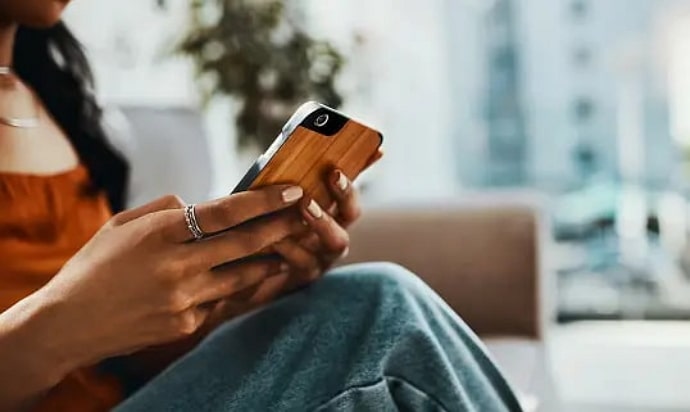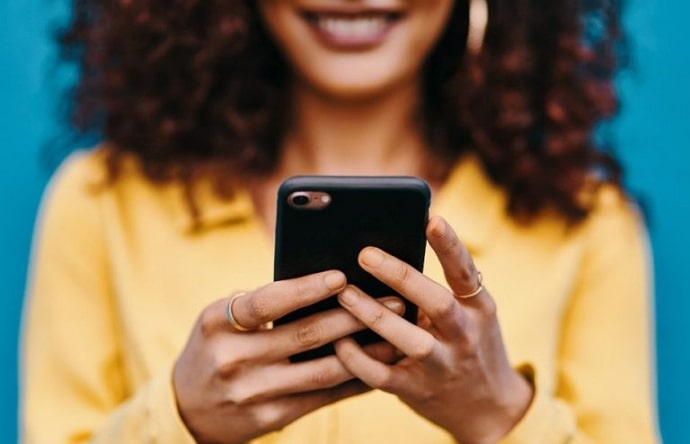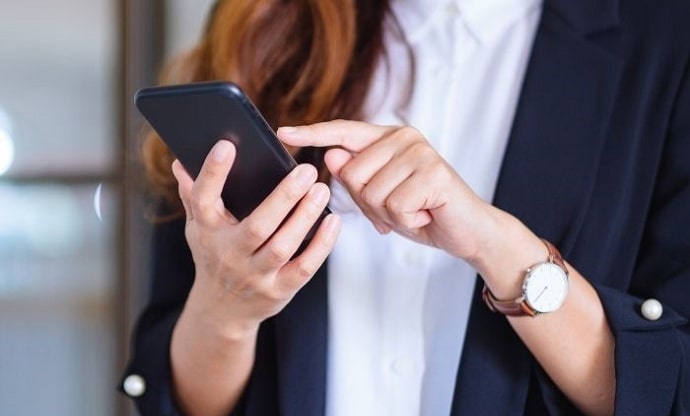Expressing gratitude is a fundamental part of human interaction, and it often comes in the form of reciprocating appreciation when someone acknowledges your positive response. “I’m glad you liked it” is a common phrase used to respond to expressions of gratitude, approval, or positive feedback.

Whether it’s a gift, a favor, a compliment, or even a simple acknowledgment, understanding how to respond to “I’m glad you liked it” is essential for effective communication and fostering positive relationships.
In this article, we will explore various ways to respond to this expression, considering the context, the relationship, and the level of formality. Let’s get started!
How to Respond to “I’m Glad You Liked it”?
When someone tells you “I’m glad you liked it,” it’s a sign that they’re happy that you enjoyed something they created or did. It could be anything from a meal they cooked to a gift they gave you to a piece of work they shared with you.
There are many ways to respond to “I’m glad you liked it.” The best response will depend on the context of the situation and your relationship with the person who said it.
Here are some tips for responding to “I’m glad you liked it”:
Express Gratitude in Return
One of the most straightforward and genuine ways to respond to “I’m glad you liked it” is by expressing your own gratitude. This creates a circle of appreciation, strengthening the bond between you and the person who initiated the exchange. You can use phrases like:
“I really appreciate your thoughtful gesture.”
“Thank you for your kind words and the effort you put into it.”
“I’m grateful for your generosity and consideration.”
Highlight What You Liked About It
Taking a moment to specify what you liked about the gift, gesture, or action shows sincerity and thoughtfulness. This not only acknowledges the person’s effort but also adds a personal touch to your response. For instance:
“I absolutely loved the [specific aspect] of the gift. It means a lot to me.”
“Your kindness in [specific action] really made my day.”
Emphasize the Impact
You can also emphasize the positive impact the gesture or gift had on your feelings or well-being. This deepens the emotional connection and conveys the significance of their actions. Some phrases to consider are:
“Your gesture brightened my day and brought a smile to my face.”
“Your thoughtful gift made me feel truly appreciated and valued.”
Return the Compliment
If the appreciation relates to a compliment or praise, you can return the compliment in a gracious manner. Acknowledging the person’s kind words and reciprocating the positive sentiment can be an effective response. For example:
“I’m truly grateful for your kind words, and I must say that you’re an incredible [related attribute] yourself.”
“Your compliment means a lot to me, and I’ve always admired your [related quality].”
Express Your Feelings
When responding to “I’m glad you liked it,” you can convey your own feelings in an authentic and heartfelt manner. This adds a personal touch and helps the other person understand the depth of your gratitude. You might say:
“Your gift touched my heart, and I feel truly blessed to have you in my life.”
“I can’t express how much your kindness means to me; it warms my heart.”
Offer to Reciprocate
In some situations, it’s appropriate to offer to reciprocate the kindness. This not only shows your appreciation but also indicates your willingness to maintain a mutually beneficial relationship. For example:
“I’m glad you liked it, and I’d love the opportunity to do something special for you as well.”
“Your thoughtfulness means a lot to me. Let me know if there’s anything I can do for you in return.”
Maintain Humility
While expressing your gratitude and reciprocating the sentiment is important, it’s also essential to maintain humility and graciousness. Avoid self-deprecation, but be modest and appreciative without excessive flattery. Keep the focus on your appreciation rather than downplaying your worth.
“I’m genuinely grateful for your kind gesture.”
“Your generosity truly warms my heart.”
Consider the Relationship
The nature of your relationship with the person can influence how you respond to “I’m glad you liked it.” In more formal or professional relationships, a respectful and concise expression of gratitude may be appropriate. In closer, personal relationships, a warmer and more affectionate response might be suitable. Tailor your response to the level of intimacy and familiarity in the relationship.
Match the Level of Enthusiasm
In your response, consider matching the level of enthusiasm or emotion expressed by the other person. If they conveyed their sentiment with great enthusiasm and warmth, respond in kind. If their message was more reserved or formal, adapt your response accordingly.
Use the Appropriate Medium
Consider the medium through which the exchange took place. Responding to “I’m glad you liked it” in person, over the phone, through text, or via email may require slightly different approaches.
In-person interactions allow for non-verbal cues like facial expressions and body language, while written communication demands clarity in your words.
In person: A warm smile, eye contact, and a sincere verbal response can convey your appreciation effectively.
Over the phone: Use a tone of voice that reflects your gratitude, and be sure to express your feelings verbally. Text or email: Written responses require careful word choice, as they lack non-verbal cues. Be clear and concise, and use appropriate punctuation and formatting.
Adjust to the Situation
The context of the appreciation should also guide your response. Whether it’s a small act of kindness or a significant gesture, tailor your response to the situation.
Also Read:





 Bitcoin
Bitcoin  Ethereum
Ethereum  XRP
XRP  Tether
Tether  Solana
Solana  USDC
USDC  Dogecoin
Dogecoin  TRON
TRON  Lido Staked Ether
Lido Staked Ether